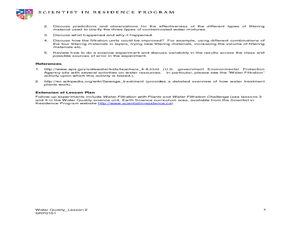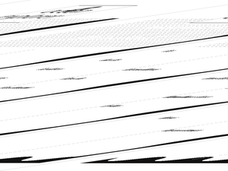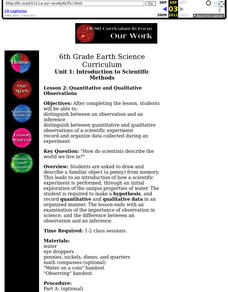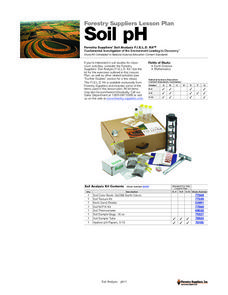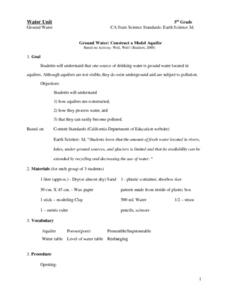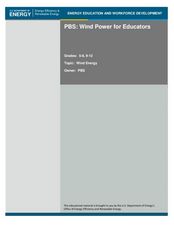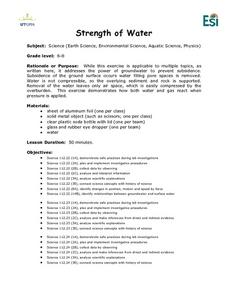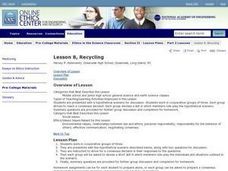Curated OER
Can Worms See?
Second graders discuss the previously created worm compost and the importance of living creatures to the Environment. In this worm lesson, 2nd graders observe worms and record their sensitivity to light. Students design a petri...
Curated OER
Shoot for the Moon
Second graders distinguish the different phases of the moon. In this astronomy lesson, 2nd graders study the history of its discovery and myths about its origin. They simulate how the moon's surface is illuminated by the sun.
Curated OER
Demonstrating Moon Phases
Third graders participate in a demonstration of the moon's phases. In this moon phase lesson, 3rd graders watch as the teacher demonstrates moon phases with a bright light and a Styrofoam ball. They answer questions associated with the...
Curated OER
Water filtration with Plants
Sixth graders explain how soil and plants effect contaminated water in nature. In this filtration lesson, 6th graders work in groups to test biofiltration units. Students determine which biofiltration units work best and how they...
Curated OER
The Reasons for the Seasons
Sixth graders conduct a controlled investigation to determine the length of the sun's shadow on a fixed object (i.e., flagpole, telephone pole, etc.) over a three-day period (one day in the fall, one in the winter, and one in the...
Curated OER
Water Quality: Water Filtration
Students build a water filtration system. In this water quality lesson plan, students work in groups to construct water filtration units that can purify contaminated water. This lesson plan is part of a larger unit on water quality.
Curated OER
Magnetic Fields and Bermuda Triangles
Students map magnetic fields of a magnet using a compass and predict where fields cancel each other to create 'Bermuda Triangles'. In this magnetism lesson, students use a compass to map the magnetic field of a magnet. They explain how...
Curated OER
pH and Red Cabbage Juice
Students review properties of materials and define what pH tells them about matter. In this pH levels lesson, students determine whether materials are acids or bases using indicator substances.
Curated OER
Lightning
Students study lightening and the history behind how it was used for electricity. In this electricity lesson students complete several experiments on the invention of the lightning rod.
Curated OER
What is a Karst
Students investigate landforms by holding a class experiment. In this topography lesson, students define the word "karst" and discover why sinkholes are created on the surface of the Earth by completing worksheets. Students create a...
Curated OER
Plate Tectonics Boundaries
Learners discover how to create a model of tectonic plates and study the interactions of these plates as they slowly move on the asthenosphere. They see and experience what happens at each type of plate boundary and why there are certain...
Curated OER
Reflection and Absorption of Light
Students use a microcomputer connected to a light sensor and temperature probe to explore the reflection and absorption of radiation for different surfaces. Students follow instructions in this guided inquiry based lab and are then asked...
Alabama Learning Exchange
Seasons
Learners explore the four seasons through literature, art activities and technology and explore how the earth's rotation around the sun results in the occurrence of the four seasons.
Curated OER
Seasons
Young scholars identify and define the vocabulary words: summer, spring, fall, and rotation. They describe how the earth's rotation affects the seasons. Students match appropriate clothing with each season. They discuss why a...
Curated OER
Introduction to Scientific Methods
Sixth graders distinguish between an observation and an inference distinguish between quantitative and qualitative observations of a scientific experiment. They record and organize data collected during an experiment.
Curated OER
Forestry Suppliers
Students explore the scientific reasons that certain types of foods cause different reactions when they interact with the tongue. They analyze the differences between acids and basics. The experiment is performed at three different sites...
Curated OER
Ground Water: Construct a Model Aquifer
Students recognize that one source of drinking water is ground water located in aquifers. They create a model of an aquifer and summarize their experience in a report.
Curated OER
Wind Power for Educators
Students explore wind power as a renewable resource. In this wind power lesson plan students build models of wind turbines and experiment with different changes to see if it increases efficiency.
Curated OER
Determining the Geologic History of Rocks from a Gravel Deposit
Students apply the scientific method to identify rocks from glacial deposits, hypothesize how they got there and then test their hypothesis. They are given the experience of active, hands-on inquiry.
Curated OER
Strength of Water
Students perform experiments using flexible bottles of water and eyedroppers partially filled and placed in the bottle. They record what happens when they tighten the bottle lid and squeeze the bottle.
Curated OER
Can You Get A Charge Out Of Matter?
Students observe and demonstrate how objects can be charged positively and negatively and how static electricity works. They observe a teacher-led demonstration, and in small groups rotate through various static electricity activities,...
Curated OER
Sea Floor Spreading I
Students use Excel to explore the geodynamics Model equation for ocean depth around a sea-floor spreading center. They complete an introductory tutorial on Excel for students with no prior Excel experience.
Curated OER
Ocean Currents
Students label the names, relative temperature, distribution, and direction of flow of major ocean currents on a world map. They also explore and model the natural forces that affect the movement of ocean currents through demonstrations...
Curated OER
Lesson 8, Recycling
Students examine recycling. In this environmental stewardship lesson plan, students practice persuading others to recycle as they collaborate to prepare small group skits. Students discuss the issue and write reflections about the...





